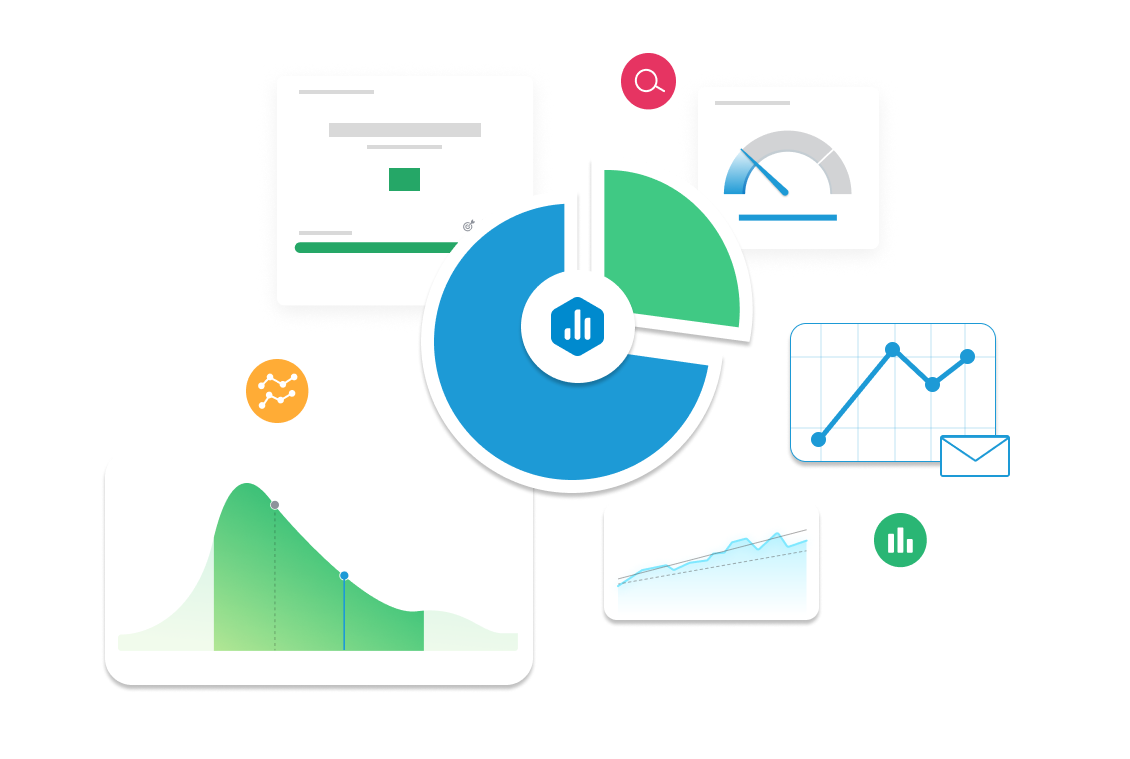Cost per Click
Discover how Cost Per Click (CPC) measures the price advertisers pay for each ad click. Learn how to track, analyze, and optimize CPC to improve ad performance and budget efficiency.

| Category |
Marketing |
|---|---|
| Type |
Lagging Indicator |
| Calculation |
|
| Measure |
Tracks the average cost of each click on an ad, helping advertisers evaluate ad effectiveness and optimize bidding strategies. |
| Data Sources: |
Google Ads, Facebook Ads, LinkedIn Ads, Twitter/X Ads, Microsoft Advertising. |
| Frequency |
Tracked daily or weekly to control ad costs and maximize return on investment (ROI). |
Example target
Reduce CPC by 10% in Q3 by improving ad quality, refining keyword targeting, and optimizing bidding strategies.
Example Reports Use Case
A PPC Manager tracks CPC to measure the cost-efficiency of campaigns. If CPC is too high, they may adjust keyword targeting, enhance ad relevance, or refine bidding strategies to lower costs.



